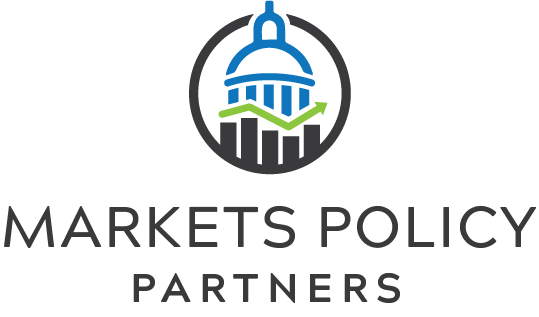Summary and Price Action Rundown
Global risk assets are extending their upside this morning, as investors focus on augmented stimulus measures in the EU and Japan alongside the global trend toward economic reopening, though heightened US-China tensions continue to simmer in the background. S&P 500 futures indicate a 1.2% higher open, which would extend yesterday’s 1.2% gain as rising optimism over economic reopening amid ever-increasing monetary and fiscal stimulus around the world begin to lift even the most battered sectors (more below). Year-to-date downside for the index is at 7.4% and the decline from February’s record high is 11.7%. Equities in the EU are posted solid gains while Asian stocks remained mixed overnight, with Hong Kong shares underperforming amid continued protests against China’s new security law. Longer-dated Treasury yields are begrudgingly following US equities higher, with the 10-year yield at 0.72%, while the dollar is continuing its softening trend despite notable renminbi weakness overnight. Crude oil is pausing its recovery uptrend, with Brent dipping below $36 per barrel.
EU Set to Decide on Historic Stimulus
The final version of the Franco-German pandemic relief budget is being presented at the EU Summit today, featuring an upsized total amount and a preponderance of grants over loans, which would represent an unprecedented step toward EU fiscal unity. The proposed economic stimulus plan, which is being presented by European Commission President von der Leyen today, will total €750 billion, versus the €500 billion in earlier drafts, with a split between €500 billion in grants and €250 billion in loans. Importantly, though the money will be raised as part of the EU budget process along the standard contribution formula, expenditures will be to the areas of greatest need. As such, the plan has Italy receiving €82 billion in grants, with Spain taking €77 billion and France only €38 billion. This potentially historic blueprint would represent a significant step toward addressing the lack of fiscal unity of the bloc, and the widening north-south rift this has provoked, which has proven to be a key vulnerability to regional economic stability over the years. However, the plan still requires unanimous approval by the 27 member states and negotiations are expected to take weeks. It remains to be seen whether a bloc of four “frugal states” consisting of Austria, Denmark, Sweden, and the Netherlands, will allow the passage of the proposed grants. EU assets are responding positively to the announcement of the enhanced proposal this morning. Since the plan was originally unveiled last week, the euro has jumped 1.9% versus the dollar and the spread of Italian 10-year sovereign bond spreads over German bunds has narrowed 47 basis points to their most favorable level in over a month.
Congress and the White House Ponder Hong Kong Response
Relations between Washington and Beijing have continued to deteriorate, with China’s imposition of a tightened security law in Hong Kong in focus as President Trump is set to announce the US response later this week. President Trump indicated that his administration was set to act “very powerfully” over the situation in Hong Kong and that the measures would be announced this week. Reports yesterday indicated that President Trump and Secretary of State Pompeo are discussing tightening restrictions for various types of Visas for Chinese researchers and students, as well as mulling sanctions over Hong Kong, though communications from the White House affirmed that the Phase One US-China trade deal is not in jeopardy “for the moment.” For context, White House National Security Adviser O’Brien suggested in an interview over the weekend that Beijing’s move falls afoul of the Hong Kong Human Rights and Democracy Act, which was signed into law last year and requires the State Department to certify that Hong Kong is sufficiently autonomous from China for the city to qualify for favorable trading terms with the US. Two Senators have introduced an even more aggressive bill to sanction Chinese entities and individuals that take part in enforcing the new security law in Hong Kong and punish banks that do business with them. Relatedly, another bill to sanction Chinese entities over their suppression of Muslim minorities in western China is set to pass the House today, though President Trump has not indicated whether he would sign it. Meanwhile, concerns over a violent crackdown in Hong Kong have been eased by reports that the renewed protests have featured relatively smaller crowds than prior rounds of demonstrations and have drawn a standard police response. Meanwhile, Chinese officials are downplaying the impact of the law on the territory, pledging that judicial independence will continue.
Additional Themes
Japan Ups Stimulus – Overnight, Prime Minister Abe announced another round of fiscal stimulus totaling ¥117 trillion (roughly $1.1 trillion), combining aid to businesses, households, and the healthcare sector, and matching the size of April’s initial economic relief package.
OPEC Cuts to Extend? – Russian media is reporting that OPEC and its allies are discussion extending output cuts to the end of year in a continuing bid to support crude oil prices.
